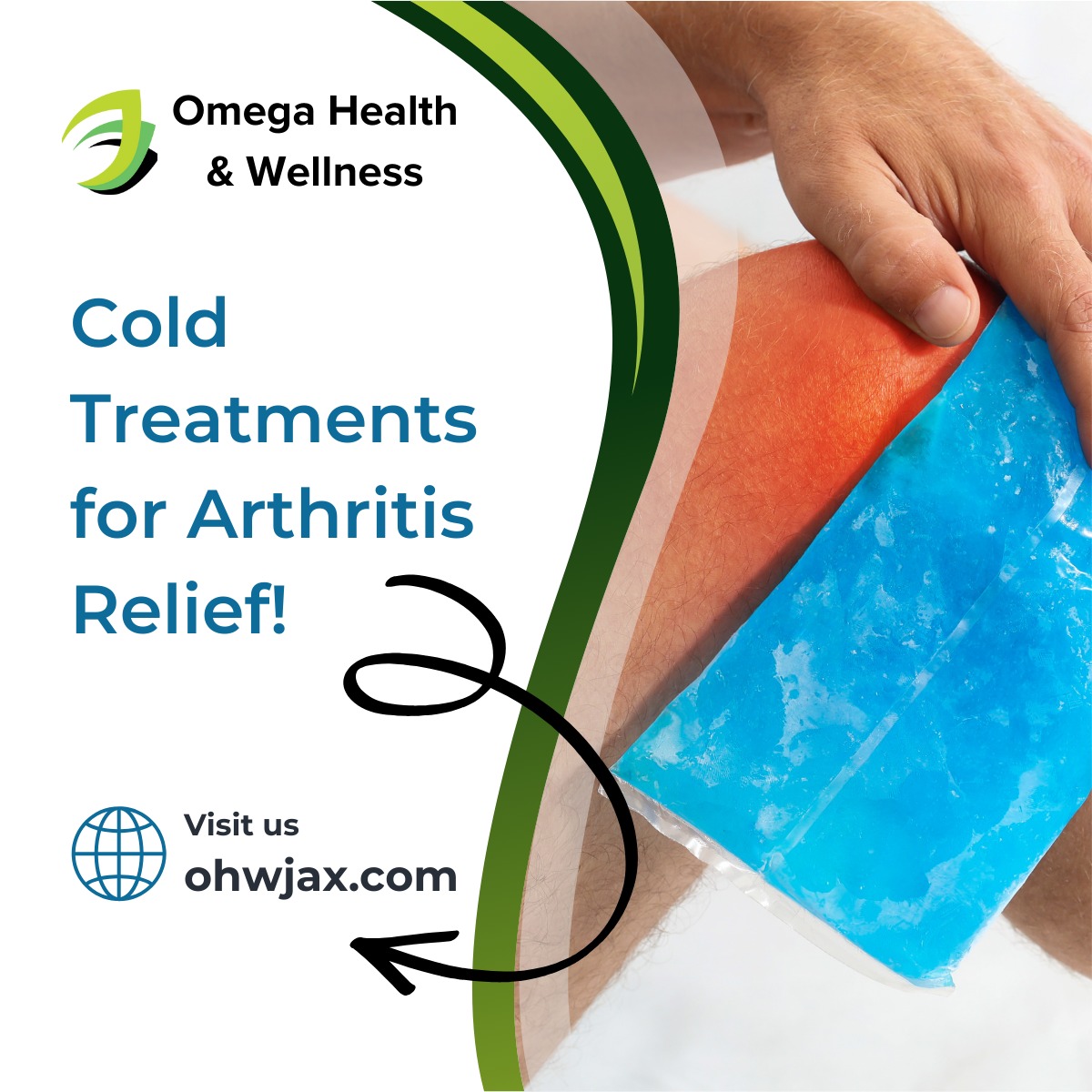
So, with so many benefits provided by B12, how can we ensure we are getting enough?
Symptoms of B12 deficiency:
There are only a few different symptoms for vitamin B12 deficiency. It is important to pay attention to these symptoms and not shrug them off. If you routinely experience any of the below symptoms, contact your primary care physician immediately. Common signs of B12 deficiency include:
- Weakness, fatigue, or lightheadedness
- Pale skin
- Sore or noticeably red tongue
- Bleeding gums
- Nausea and diarrhea
- Poor sense of balance
- Numbness and/or tingling in the hands or feet
- Depression
- Dementia
What is Vitamin B12?
Vitamin B12, also known as cobalamin, is an essential vitamin that your body needs to perform properly, both mentally and physically. It supports the normal function of your nerve cells and is needed for red blood cell formation and DNA synthesis. Unfortunately, our bodies can’t create its own B12, which means for many, we aren’t getting enough.
Vitamin B12 It is found naturally in animal products, but also added to certain foods and available as an oral supplement or injection. Research shows vegans and vegetarians who eat very little animal products are also more likely to have low B12 levels and benefit from supplementation.
What many people do not understand is there are three different forms of vitamin B12, each containing small differences:
- Methylcobalamin has a methyl group (just carbon and hydrogen) and has some metabolic and therapeutic applications not shared by the other forms of vitamin B12.
- Cyanocobalamin has a cyanide group, and obviously, cyanide is not something you normally expect or want to find lurking in your multivitamin. This is the most common form of B-12 provided at physician offices and in over-the-counter supplements.
- Hydroxocobalamin is synthetic and has a similar structure to vitamin B12.
Cyanocobalamin B12
This is the most common and widely produced form of B12. It is the second coenzyme and is the most common form of B12 provided at physician offices and in over the counter supplements. Cyanocobalamin usually does not occur in living organisms, but animals can convert commercially produced cyanocobalamin into active (cofactor) forms of the vitamin, such as methylcobalamin. This is one that is for some people but not for everyone. For those needing the injection for a deficiency, this is not the best option of the three. For those who are healthy and want the extra boost, this may be your best choice.
Hydroxocobalamin B12
This is for those who need the vitamin for basic survival. This vitamin form of B-12 is available in the U.S. on a limited basis but is extremely popular worldwide. Hydroxocobalamin helps with the metabolism of fats and carbohydrates. It also helps the growth of healthy blood cells, nerve cells, and proteins in the body. Hydroxocobalamin is a chemical compound with a similar structure to vitamin B12. Even though the human body doesn’t produce hydroxocobalamin, it plays an integral part in DNA synthesis and supports cell replication. The compound also has an important role in the conversion of harmful homocysteine into beneficial methionine, an essential amino acid. It helps with energy production and is necessary for normal brain and nervous system function.
Methylcobalamin B12
This is one of two coenzyme forms of B12 and is the most popular form of vitamin B12. Studies have indicated that methylcobalamin has some metabolic and therapeutic applications not shared by the other forms of vitamin B12. Methylcobalamin is the more bio-available of the two, meaning that methylcobalamin is immediately ready for the body to use once injected.
Cyanocobalamin & Hydroxocobalamin must first be broken down within the liver only to produce small amounts of methylcobalamin which the body can utilize.
Some key benefits of Methylcobalamin supplementation include:
- Reduction of elevated homocysteine. Elevated homocysteine has been linked to increased risk of cardiovascular disease.
- Reduction in symptoms of depression (i.e., supporting the production of serotonin and melatonin).
- Acts as a methyl donor and participates in the synthesis of SAM-e (S-adenosylmethionine), a nutrient that has powerful mood elevating properties.
- Supports immune system regulation.
- Promotes repair of damaged myelin sheath.
- Acts to reverse nerve damage and promote nerve cell regeneration.
- Increases metabolic function.
- Supports healthy red blood cells and is used to treat anemia.
- Protects against neurological disease and aging.
- Improves of mental dysfunction in the elderly.
- Useful in protocols for asthma and sulfite sensitivities.
- Necessary for the conversion of methylmalonate to succinic acid, an important Krebs cycle intermediate in energy production.





